Losing a job—especially in mid-life—can be a deeply unsettling experience. Whether it was a sudden layoff, a corporate restructuring, or an unexpected termination, the emotions that follow can range from shock and anger to anxiety and self-doubt. You may be asking yourself, What do I do now?
While it’s normal to feel uncertain, this transition doesn’t have to define you negatively. In fact, many professionals who have been let go discover that it was the catalyst for a more fulfilling second act. This guide will help you navigate the emotional and practical aspects of job loss, so you can move forward with clarity and confidence.
Step 1: Acknowledge and Process Your Emotions
Losing a job is more than just a financial setback—it can feel like a loss of identity, purpose, and stability. Before jumping into job searching or career planning, take a moment to process what has happened.
Give yourself permission to feel. Whether it’s frustration, disappointment, or even relief, acknowledge your emotions rather than suppressing them.
Reframe your perspective. This isn’t a failure—it’s a transition. Many successful professionals have experienced job loss and used it as a stepping stone to something better.
Talk to someone. Whether it’s a trusted friend, family member, or career coach, sharing your thoughts can help ease the emotional burden.
Step 2: Regain a Sense of Control
One of the most challenging aspects of job loss is the loss of control. Regaining a sense of agency is key to moving forward.
Assess your finances. Take stock of your savings, severance package (if applicable), and unemployment benefits. Understanding your financial position will help you create a realistic timeline for your next steps.
Structure your days. Having a daily routine—such as setting aside time for networking, learning, and self-care—can help you feel more in control.
Shift your mindset. Instead of thinking, I lost my job, reframe it as I now have the opportunity to explore something new.
Step 3: Clarify Your Next Move
This is a great time to step back and evaluate your next steps. Do you want to pursue a similar job, shift industries, or explore self-employment?
Ask yourself:
Do I want to stay in my current industry or explore something new?
What skills and experiences do I have that are transferable?
What kind of work would excite me at this stage of my career?
If you’re unsure, take time to explore. Consider temporary work, consulting, or even taking a class to develop new skills.
Step 4: Update Your Personal Brand
Now is the time to refresh your professional identity and make yourself visible to new opportunities.
Revamp your resume and LinkedIn profile. Highlight your accomplishments, transferable skills, and what you bring to the table.
Network with intention. Reach out to former colleagues, attend industry events, or join professional groups. Many job opportunities come from personal connections.
Develop your story. Instead of focusing on the job loss, craft a positive narrative about what you’re looking for next. Example: “I’m excited about finding new ways to use my leadership experience in a growing company.”
Step 5: Explore New Possibilities
Losing a job can be a turning point that leads to something even better. Consider:
A career pivot: Is now the time to transition into a new field that better aligns with your interests?
Consulting or freelancing: Could your expertise be valuable to multiple companies?
Entrepreneurship: Have you been thinking about starting your own business? This might be the push you needed.
Step 6: Take Action—Even in Small Steps
The most important thing you can do right now is to keep moving forward. Even small actions, like reaching out to one contact or researching a new field, can create momentum.
Set daily goals. These can be as simple as applying for one job, reaching out to a connection, or updating your resume.
Celebrate progress. Every step you take, no matter how small, brings you closer to your next opportunity.
Stay open to unexpected paths. Sometimes, the best opportunities come from places you never anticipated.
Final Thoughts: This is a New Beginning
While losing a job can feel like the end of something, it’s also the beginning of a new chapter. Many professionals discover that job loss leads them to a more fulfilling career, a better work-life balance, or even an exciting new venture.
By processing your emotions, taking control of your situation, and embracing new possibilities, you can turn this transition into an opportunity for growth.
Need Help Navigating Your Next Steps? Let’s Talk.
Losing a job can feel overwhelming, but you don’t have to go through this transition alone. As a coach specializing in helping professionals navigate career shifts and personal reinvention, I can help you:
✅ Gain clarity on what’s next for you
✅ Build a confident personal brand for your job search
✅ Overcome self-doubt and limiting beliefs
✅ Create a strategic action plan for your next career move
If you’re ready to take control of your future and turn this setback into a stepping stone, let’s talk. Schedule a free consultation today and start your journey toward a more fulfilling and successful next chapter.
📅 Book Your Free Strategy Session Here
Your next opportunity is waiting—it’s time to go find it. Let’s do it together!















